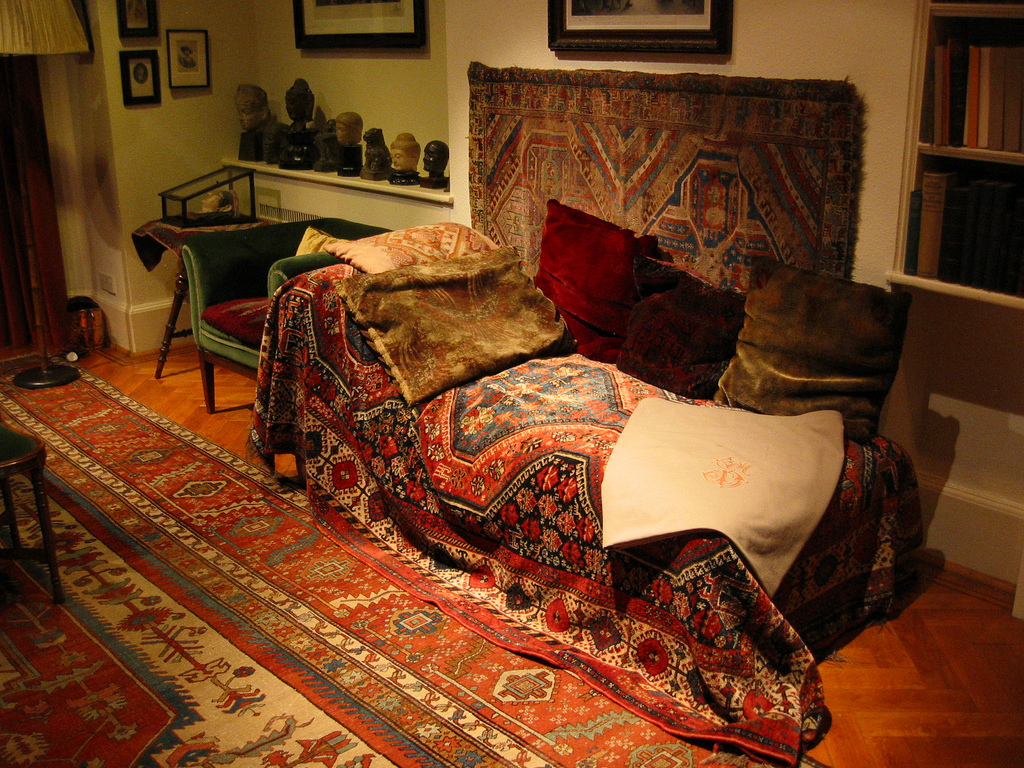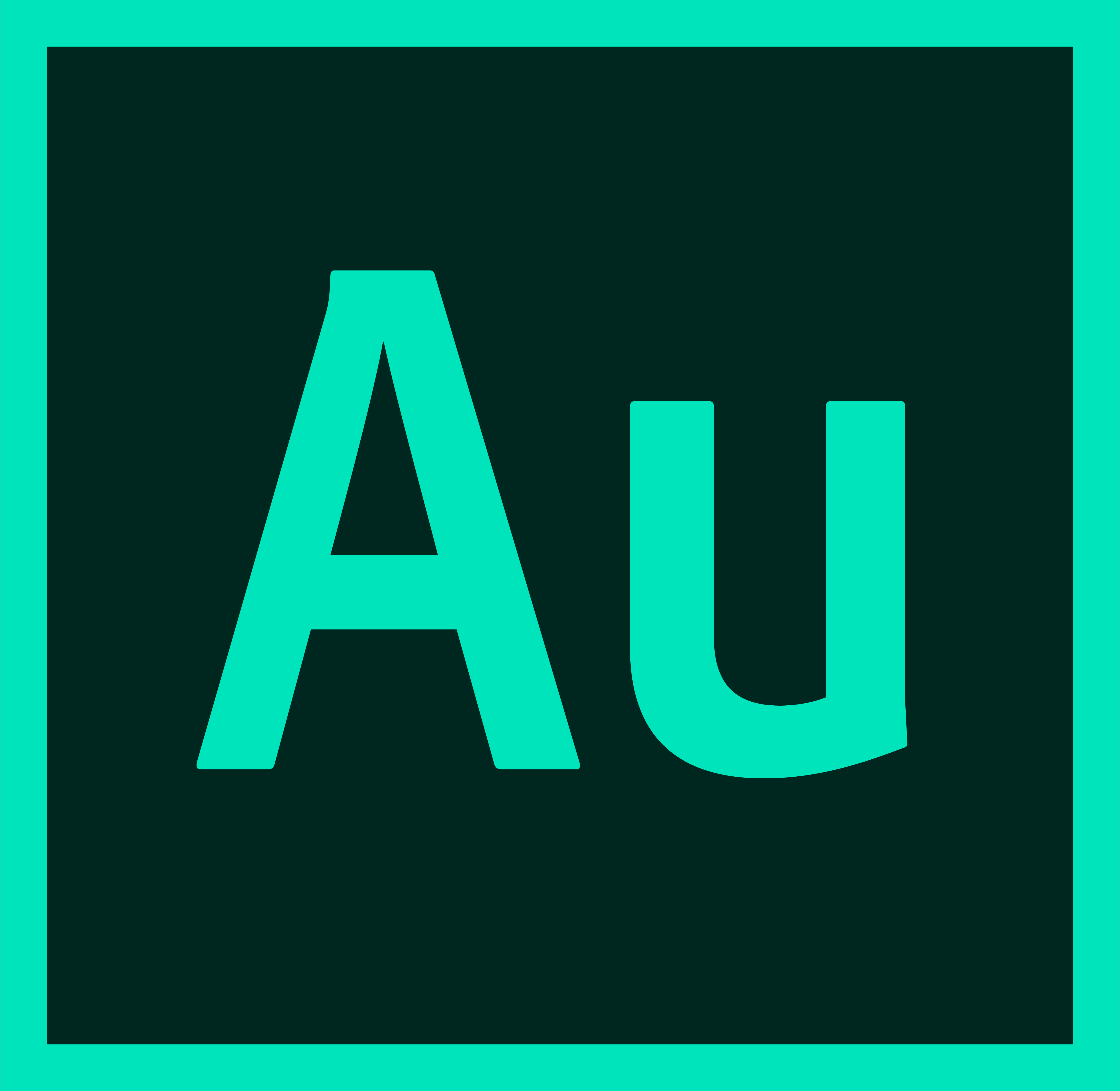Coming up with ideas for my multi-screen where relatively difficult, despite my pressure for time in completing my other projects I hadn't really given my multi-screen project any thought into what I wanted to portray. The theme is the human body and the digital world.
 |
| SIGMUND FREUD |
My first thought of the theme given was the psychological aspect of it. In the past, during my time in college as a psychology student being one of the subjects I took on. We referenced and frequently discussed the works of Sigmund Freud. This I would yet again come across in one of my lectures this year about psychoanalysis. Considering my fascination with the psychological side, this became my base to my multi-screen piece.
I realised that by using multiscreen I could potentially represent a personality disorder within a character. With each screen highlighting a different aspect of the characters personality. This fitted in with the lecture we had, had on Psychoanalysis.
I had also recently become aware, from an Article series I had read, of a concept around MRI scans and other promising innovations that could potentially detect, or even perhaps remedy low levels of serotonin within the human body. Low serotonin is thought to be one of the causes of depression.
 |
| Sigmund Freud's office |
In one part of the short film, I wanted to recreate the setup that Sigmund Freud had in his sessions with his patients, this being the Middle Eastern and African patterned fabrics and ornaments. Although this didn't work as I had hoped.
FILMING
When trying to recreate the Freud style sofa I used a green sheet to act has my green screen, with the intention of adding in an image of a Turkish or African carpet or tapestry. I thought that this would give it that Freud like effect. However I could not find an appropriate image that best suited the aesthetic look of the short piece nor could I make the effect look natural so instead, I used a simple black throw. This highlighted to me that I would need to spend more time learning how to use the green screen effectively, and that more experimentation would be helpful.
Overall the project took me 2 hours to film using canon 700d DSLR wide angle lens.
The second part of filming I would need to have complete control over the light source, meaning that no natural light could be used in the shoot. This was in order to create the digital glasses effect seen in the finished piece. I decided to do the filming at night, and to use my garage. This turned out to be almost perfect in creating the effect.
EDITING
| Adobe Premier pro |
 |
| Adobe Audition |
Media Encoder Adobe After Effects
All the different effects used in my final piece were achieved through collective research from both Lynda.com and Youtube. I found using the editing software to be challenging, and I have identified that much more learning and practice needs to be done in this area. I frequently kept hitting one problem after another and at times had to restart from the very beginning. However, this being said I am very proud of the work I managed to produce in such a short space of time. My particular favourite was the effect I managed to create at the moment of travelling into space and also creating a moving environment for the appropriated images (all royalty free) used to create the space background effect.
ADDING SOUND
Looking for the right music I had to do a bit of extensive research online and found a few royalty free sounds that I then processed through in audition to deepen the sound or manipulate the sound to give it a more ambient space feel.
 The vocal side of the automated AI (Belle) I wanted a soft and human sounding voice however, I found it challenging to find the correct one. In the end, I came across a website that offered a variety of different voices. Eventually, I settled on an interesting one that didn't have a calming, relaxing appeal to the voice but it did however have a subtle and friendly sound to it which made it more joyous and happy.
The vocal side of the automated AI (Belle) I wanted a soft and human sounding voice however, I found it challenging to find the correct one. In the end, I came across a website that offered a variety of different voices. Eventually, I settled on an interesting one that didn't have a calming, relaxing appeal to the voice but it did however have a subtle and friendly sound to it which made it more joyous and happy.Overall I am pleased with how it all came together successfully, better than I had originally expected. During the beginning of this project I hadn't given this second unit much thought as my mind became distracted with the group project I was working on at the time. Despite my concerns and doubts, especially when using After Effects, I was pleasantly surprised with my own abilities and the experience has motivated me to do more in After effects. I will say that I wish I'd had more time to produce and improve my film. For example, during editing and reviewing my footage I had noticed some mistakes, some large. If it hadn't been for the lack of time I would've of most likely mended the mistakes and increased the quality of the film, however one thing I have learnt about individual projects involving Adobe After Effects, is to ensure timekeeping is kept efficient and consistent.
BIBLIOGRAPHY
https://www.youtube.com/watch?v=bG1DXF2C6UE music
Sigmund Freud profile picture:
Sigmund_Freud_LIFE.jpg
Sigmund Freud's sofa image:
http://99percentinvisible.org/app/uploads/2015/06/Freuds-Couch.jpg
Premier pro icon:
https://upload.wikimedia.org/wikipedia/commons/thumb/4/40/Adobe_Premiere_Pro_CC_icon.svg/2000px-Adobe_Premiere_Pro_CC_icon.svg.png
Adobe Audition icon:
http://logos-download.com/wp-content/uploads/2017/01/Audition_logo_Adobe_Audition_CC-1.png
After Effects icon:
Media Encoder icon:


















No comments:
Post a Comment